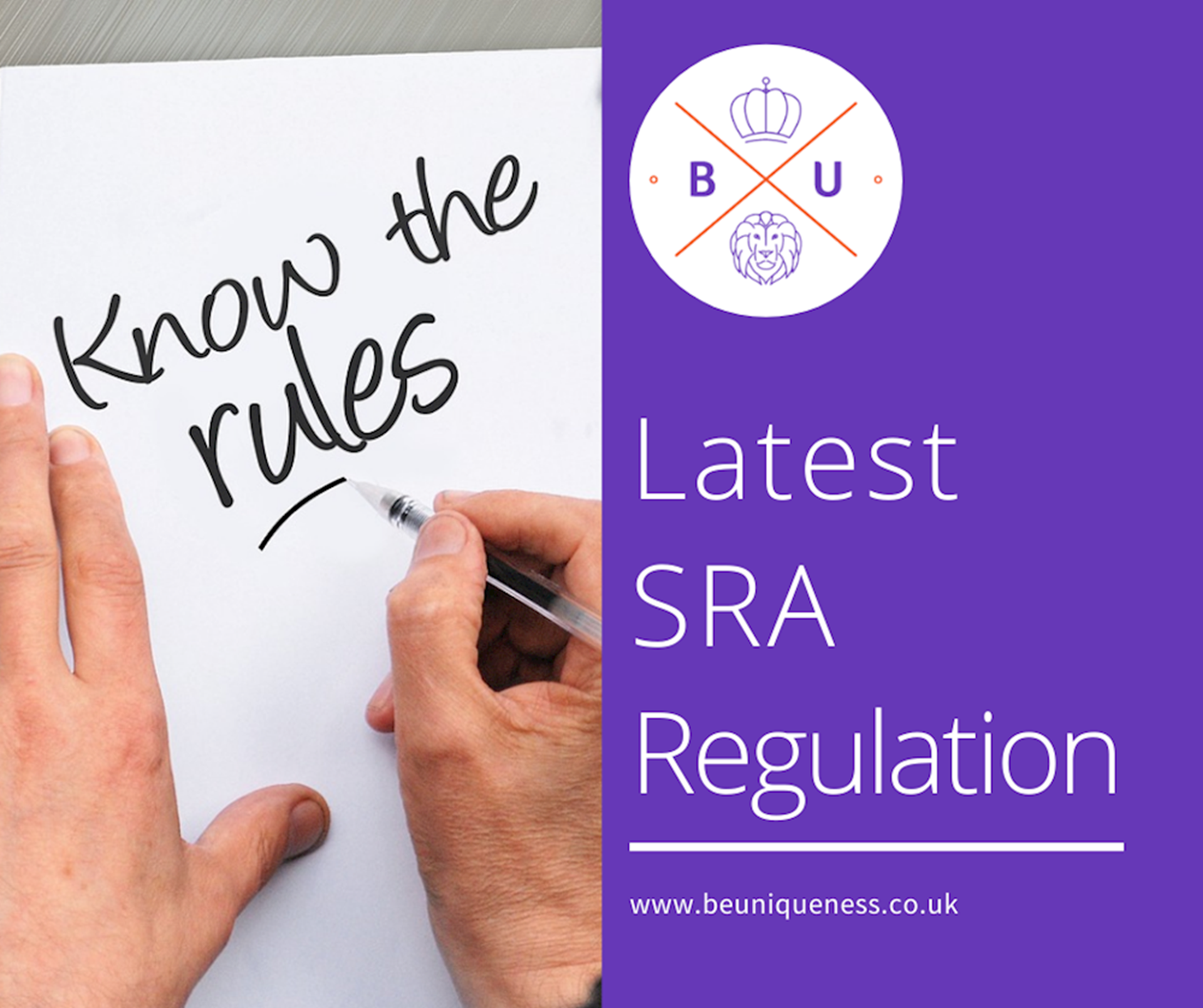How can the legal sector comply with the latest SRA guidelines?
By Charlie Britten
30 Oct 2019
Keeping in line with the latest guidelines issued by the Solicitors Regulation Authority (SRA) is important - and for firms that now means being more transparent about price.
Rules and regulations can often seem like a burden, but they are mostly in place for good reasons and when it comes to the legal sector, this is even more true.
In order to ensure that clients have confidence in their solicitors and the services they provide, it is important to have high standards of professional conduct and practice.
It’s not just that adhering to these can help dispel any negative notions clients may have about solicitors; compliance is great PR for law firms, giving impressive displays of professionalism, communication and commitment to good customer service.
What requirements to the new regulations place on law firms?
It is not just GDPR that has affected law firms. The Solicitors Regulation Authority (SRA) has also provided new instructions law firms must obey. Each firm should work with its legal website designer to make sure it doesn’t fall short.

The regulations that came into force at the end of 2018 provided new guidelines one of the thorniest of topics that law firms - or anyone else - can deal with: pricing.
Quite apart from the base cost of any goods or services, what customers may be most concerned about is the issue of transparency. Hidden extras buried in the small print can cause plenty of angst for those paying for a service and reduce confidence in the service providers.
What the new rules mean
The new regulations stipulate that there are several new steps that legal firms need to take to be complaint with SRA guidelines on pricing:
- Price and service information must be provided by firms for any services that they offer.
- Price information must be "presented in a clear and easy to understand format”.
- Firms should provide specific service information
What the price and information list includes
The price and services information list includes residential conveyancing, uncontested probate, motoring offences, immigration (excluding asylum), employment tribunals, debt recovery up to £100,000 and licensing applications for business premises. It means firms cannot publish that they offer these services without telling people what they cost.
When ‘clear and easy to understand’ pricing should be included
In this section, the definition of clear pricing stipulated that firms had to provide a total cost when possible or, if it was not, an average or range of costs. The charges had to be explained, including hourly or fixed fees, likely disbursements and their costs needed to be revealed, customers should be noted of any VAT in the price and, in the event of conditional or damaged-based fees, firms must advise clients when they might have to make payments.
What service information is required
The service information rules stated firms had to tell customers what they would get for the price they paid, what wouldn’t be included (even if clients had a reasonable expectation they would be), publish information on the key stages and timescales of these and also reveal the qualifications of those carrying out the work and those supervising them.
Who has failed to comply?
With the regulations in place from the end of 2018, it might be expected that solicitors have done everything possible to comply. However, the SRA's own survey in March and April 2019 found many had not.
It carried out a check of 500 legal firm websites where the company offered at least one of the items on the prices and services information list. In 118 cases a website failed to publish the information the regulations stipulated.
Overall, the sweep found 53 of the sites were either not working or still under construction. Of the remaining 447, the SRA noted:
- Only 25% were fully compliant
- 58% were partially complaint
- 17% had not complied with the rules at all
- Failures to display data on complaints, VAT, information on timescales and key stages and provide likely figures on disbursements were the most common shortcomings.
- In the case of complaints information, 52% were non-compliant.
None of the firms were punished for the initial offence, but the 78 firms who were fully non-compliant were informed that they had two months to solve the issues before they would be checked again, with failure to correct their shortcomings incurring regulatory penalties that could include enforcement action.
In addition, the 257 who were only partially compliant were advised where they were to improve and told they would be checked again.
What comes next?
For the law firms contacted after the first sweep, change will be necessary. But those who were not and might fall short of the regulations cannot rest easy.
- The SRA will carry out more sweeps in the future
- These will be larger at 600 each time, so it will become increasingly difficult for firms to hide any failings.
- There will be a particular focus on immigration firms.
How can we help?
At BeUniqueness, we are aware of the new SRA regulations and as we help clients develop their websites and marketing campaigns, we can help ensure that the information your site contains is compliant with the new rules.
Ultimately, providing transparency on pricing and other details is not just about keeping to the rules. It also about reducing complaints giving clients a better service, ensuring your law firm has a better reputation that can be highlighted in your marketing strategy.
